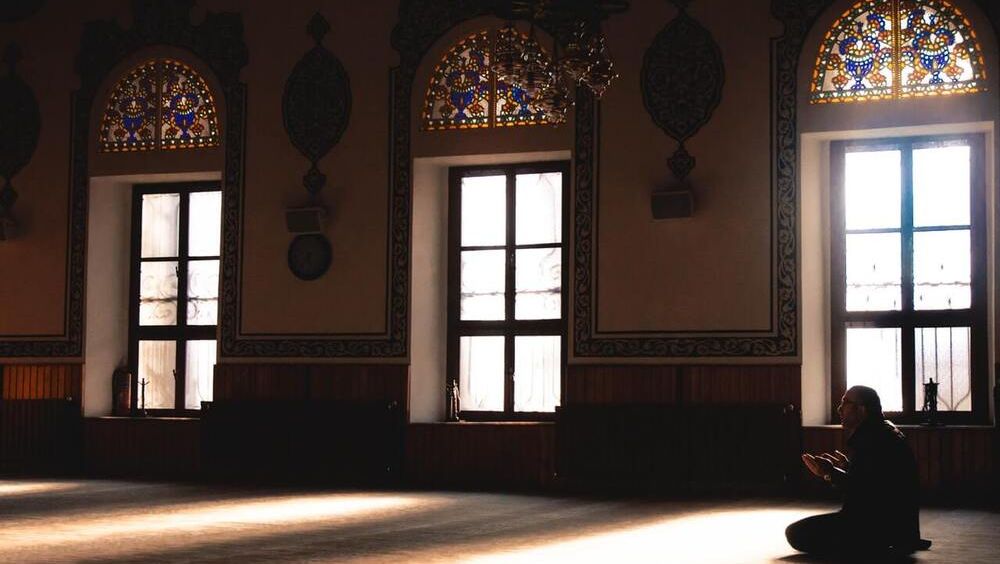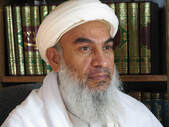Challenges to Islam and Muslims: What is to be Done?This question has, of course been asked before under circumstances no less threatening than those which confront us today and with a similar sense of urgency, if not more. And each time this question has been asked, there was a response which outlined a detailed account of the malaise faced by the community of believers, the Ummah, its reasons, and a course of action that would correct the malady. One only needs to think of the heart-wrenching state of the Companions who faced the first fitnah (656–661) during which ‘Uthmān, the son-in-law and a close Companion of the Prophet, was murdered in the very city where the echoes of the Prophet’s footsteps were still in the living memory of those who had seen him walking through its aswāq and when a civil war was fought between ‘A’ishah, the beloved wife of the Prophet, and ‘Alī, his cousin and son-in-law — a war in which close Companions of the Prophet found themselves standing against each other under circumstances which threatened the very existence of the Community. Or one can think of the tragic events of the second fitnah (680–692) during which Husayn b. ‘Alī and all but one of his companions were killed with such cruelty that it still produces trembling in the initiated hearts, Makkah was besieged, Khawārij took control of much of Arabia and Ibn al-Zubayr was killed in the sanctified city of Makkah where fighting had been declared unlawful by Allāh Himself (Qur’ān 2: 217). Likewise, one can recall the great deluge of 1258 when Baghdad — the seat of Caliphate, the intellectual heart of the Muslim world and the city of saints and scholars — witnessed the erection of a tower of severed heads by the victorious Mongol army. With a focused attention to the horrific details of these and similar events in Muslim history, one can imagine the urgency with which the sincere and devoted members of the Muslim community of those times must have reflected on the bleak state of the Ummah. Seen in this historical perspective, the challenges faced by the Muslim community today lose some of their despairingly overwhelming impact, but this does not diminish their threat to the survival of Islamic polity. The range and scope of the challenges faced by Islam and Muslims in the twenty-first century is so vast that it is simply impossible to enumerate their myriad forms; suffice it to say that the entire Ummah faces the threat of annihilation as a distinct entity which shares certain foundational precepts about God, the life of this world and of the Hereafter, and the whole range of Islam’s belief system — from ‘aqā’id to practices associated with its tenets — face a challenge unlike any encountered before; the present threat aims at nothing less than a total eclipse of the worldview, lifestyles, and cultural, social, and communal aspects of Islam.
|
Muzaffar Iqbal
|
|
© Center for Islamic Sciences. All Rights Reserved.
Designed and Developed by Crescent Marketing Solutions |


